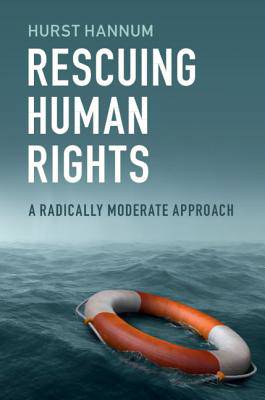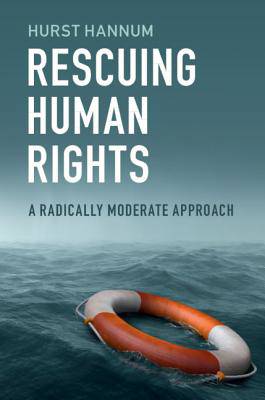
- Afhalen na 1 uur in een winkel met voorraad
- Gratis thuislevering in België vanaf € 30
- Ruim aanbod met 7 miljoen producten
- Afhalen na 1 uur in een winkel met voorraad
- Gratis thuislevering in België vanaf € 30
- Ruim aanbod met 7 miljoen producten
Zoeken
€ 191,95
+ 383 punten
Omschrijving
The development of human rights norms is one of the most significant achievements in international relations and law since 1945, but the continuing influence of human rights is increasingly being questioned by authoritarian governments, nationalists, and pundits. Unfortunately, the proliferation of new rights, linking rights to other issues such as international crimes or the activities of business, and attempting to address every social problem from a human rights perspective risk undermining their credibility. Rescuing Human Rights calls for understanding 'human rights' as international human rights law and maintaining the distinctions between binding legal obligations on governments and broader issues of ethics, politics, and social change. Resolving complex social problems requires more than simplistic appeals to rights, and adopting a 'radically moderate' approach that recognizes both the potential and the limits of international human rights law, offers the best hope of preserving the principle that we all have rights, simply because we are human.
Specificaties
Betrokkenen
- Auteur(s):
- Uitgeverij:
Inhoud
- Aantal bladzijden:
- 240
- Taal:
- Engels
Eigenschappen
- Productcode (EAN):
- 9781108417488
- Verschijningsdatum:
- 14/02/2019
- Uitvoering:
- Hardcover
- Formaat:
- Genaaid
- Afmetingen:
- 231 mm x 236 mm
- Gewicht:
- 453 g

Alleen bij Standaard Boekhandel
+ 383 punten op je klantenkaart van Standaard Boekhandel
Beoordelingen
We publiceren alleen reviews die voldoen aan de voorwaarden voor reviews. Bekijk onze voorwaarden voor reviews.







